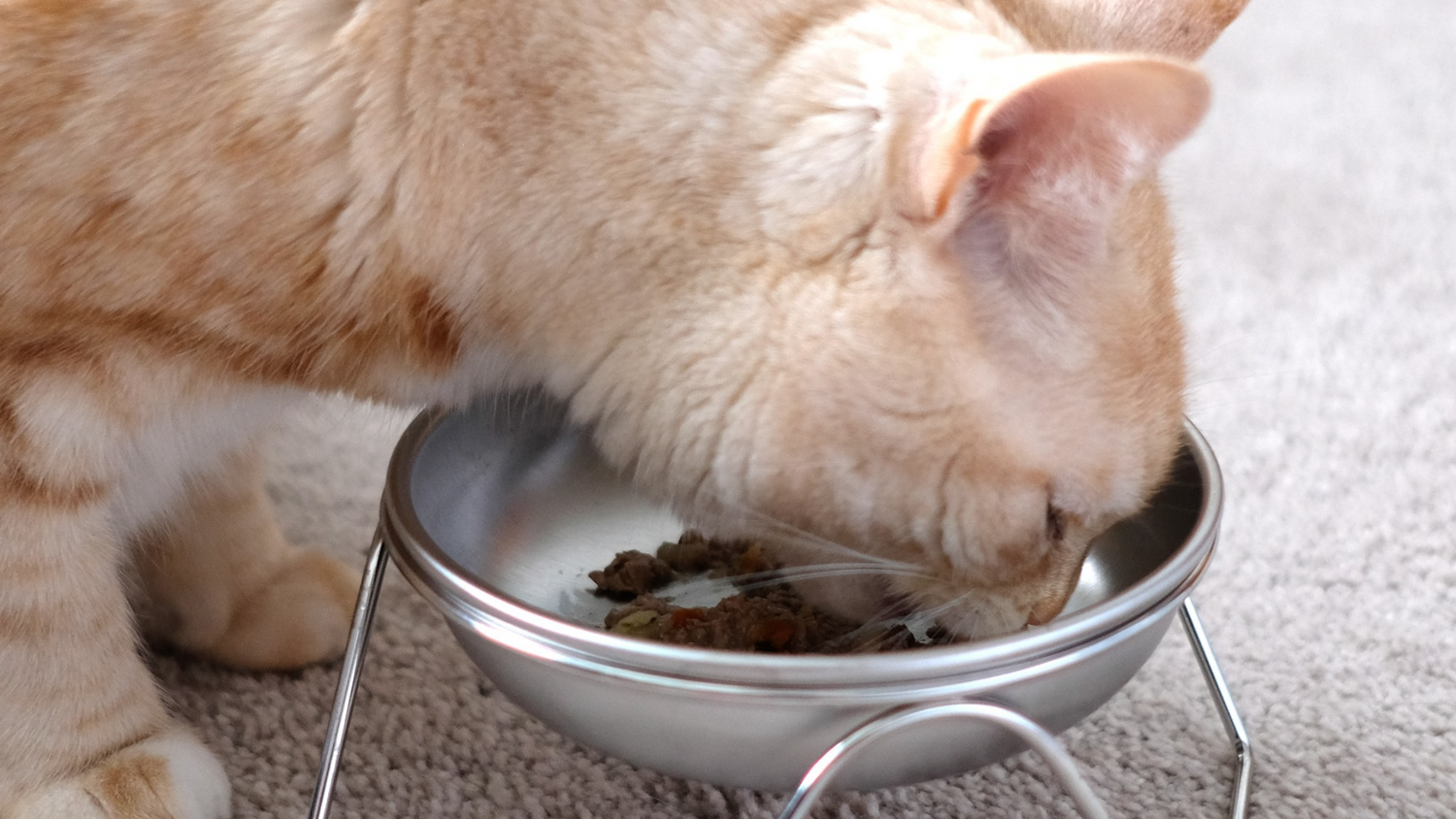Dispelling Myths and Misconceptions About Olive Oil: Debunking Common Misbeliefs
Olive oil has been a staple in the human diet for thousands of years. Its health benefits and versatility in cooking make it a popular choice for many households. However, there are still many myths and misconceptions surrounding olive oil that have persisted over time. In this article, we will debunk some of the most common misbeliefs about olive oil and set the record straight.
Table of Contents
Myth #1: Olive Oil is Only Good for Salad Dressings
One of the most prevalent myths about olive oil is that it should only be used for salad dressings. While olive oil can definitely add a delicious and healthy touch to your salads, it is also suitable for cooking, baking, and even frying.
In fact, the high smoke point of extra virgin olive oil makes it an excellent choice for sautéing and frying. The smoke point of olive oil is around 375°F to 405°F, depending on the quality of the oil. This makes it a versatile option for a wide range of cooking methods, and it can be used in place of other cooking oils such as vegetable or canola oil.
Myth #2: All Olive Oils Are the Same
Another common misconception about olive oil is that all types are created equal. In reality, there are several different grades of olive oil, each with its own unique characteristics and uses. The most common grades of olive oil include extra virgin, virgin, and regular (or light) olive oil.
Extra virgin olive oil is the highest quality and is made from the first pressing of the olives. It has a rich flavor and a low acidity level, making it perfect for drizzling over dishes or using as a dip for bread. Virgin olive oil is also made from the first pressing of the olives but has a slightly higher acidity level and a milder flavor. Regular or light olive oil, on the other hand, has a higher smoke point and a more neutral flavor, making it suitable for high-heat cooking.
Myth #3: Olive Oil Should Not Be Heated
Some people believe that heating olive oil can destroy its health benefits and create harmful compounds. While it is true that heating any oil past its smoke point can lead to the formation of harmful compounds, the smoke point of olive oil is high enough to make it safe for cooking at moderate temperatures.
In fact, research has shown that extra virgin olive oil is stable at high temperatures and actually retains its antioxidants and beneficial compounds during cooking. It is important to keep in mind that olive oil, like any oil, should not be overheated or reused excessively to avoid the formation of harmful compounds.
Myth #4: Olive Oil Does Not Last Long
There is a common misconception that olive oil has a short shelf life and should be used quickly before it goes bad. While it is true that olive oil can become rancid over time, proper storage can help preserve its freshness and flavor.
To extend the shelf life of olive oil, it should be stored in a cool, dark place, away from sunlight and heat. It is also important to seal the bottle tightly after each use to prevent oxidation. When stored properly, olive oil can maintain its quality for up to two years from the date of production.
Myth #5: Olive Oil is Not Good for Weight Loss
Some people believe that olive oil should be avoided when trying to lose weight due to its high fat content. However, the type of fat found in olive oil is predominantly monounsaturated fat, which has been linked to various health benefits, including weight management.
Studies have shown that incorporating olive oil into a balanced diet can help promote satiety and reduce the risk of weight gain. Additionally, the antioxidants found in olive oil may support metabolic health and contribute to overall wellness.
As with any food, moderation is key, and consuming olive oil in appropriate portions can be part of a healthy weight loss plan.
Conclusion
Olive oil has been surrounded by numerous myths and misconceptions, many of which can be dispelled by examining the scientific evidence and understanding the different types and uses of olive oil. It is important to recognize the versatility of olive oil in cooking and to choose the appropriate grade for each culinary application. By storing olive oil properly and using it in moderation, its health benefits and delicious flavor can be enjoyed to the fullest.
FAQs
Is it true that olive oil can be used for frying?
Yes, olive oil, particularly extra virgin olive oil, is suitable for frying due to its high smoke point and stability at high temperatures.
Does the color of olive oil indicate its quality?
Not necessarily. The color of olive oil can vary depending on factors such as the ripeness of the olives and the extraction process. It is more important to consider the grade and taste of the oil to determine its quality.
Can olive oil be refrigerated for storage?
It is generally not necessary to refrigerate olive oil, as long as it is stored in a cool, dark place and sealed tightly. Refrigeration can cause olive oil to solidify, but it will return to its normal state at room temperature.
olive oil
Olive oil is one of the most widely used oils in the world, with a rich history and a versatile range of uses. However, there are many myths and misconceptions about olive oil that have been perpetuated over the years. It’s important to dispel these myths in order to fully understand and appreciate the benefits of this valuable oil.
One common misconception about olive oil is that it is not suitable for cooking at high temperatures. This is simply not true – extra virgin olive oil has a high smoke point and is perfectly fine for sautéing, frying, and roasting. In fact, the antioxidants in olive oil make it more stable at high temperatures than many other cooking oils.
Another myth is that all olive oils are the same. In reality, there are many different types of olive oil with varying levels of quality and flavor. Extra virgin olive oil, for example, is made from the first cold pressing of olives and has a superior taste and nutritional profile compared to other types of olive oil.
Some people believe that olive oil is not good for heart health because it is high in fat. While it is true that olive oil is a fat, it is primarily made up of monounsaturated fats, which have been shown to have numerous health benefits, including lowering the risk of heart disease.
There is also a misconception that olive oil loses its health benefits when heated. However, studies have shown that the antioxidants in olive oil remain stable even at high temperatures, making it a great choice for cooking.
It is often thought that olive oil is not suitable for baking because of its strong flavor. While it does have a distinct taste, many baked goods benefit from the flavor of olive oil, and it can be easily substituted for other oils in most recipes.
Some people believe that all olive oil is produced in Italy, and that it is not possible to get high-quality olive oil from other countries. In reality, there are many excellent olive oils produced in countries such as Spain, Greece, and California, and these oils can be just as high in quality as Italian olive oil.
In conclusion, it is important to dispel myths and misconceptions about olive oil in order to fully appreciate its benefits. Olive oil is a versatile and healthy oil that can be used for cooking, baking, and as a dressing, and it is important to understand its true qualities in order to make the most of this valuable ingredient. olive oil








